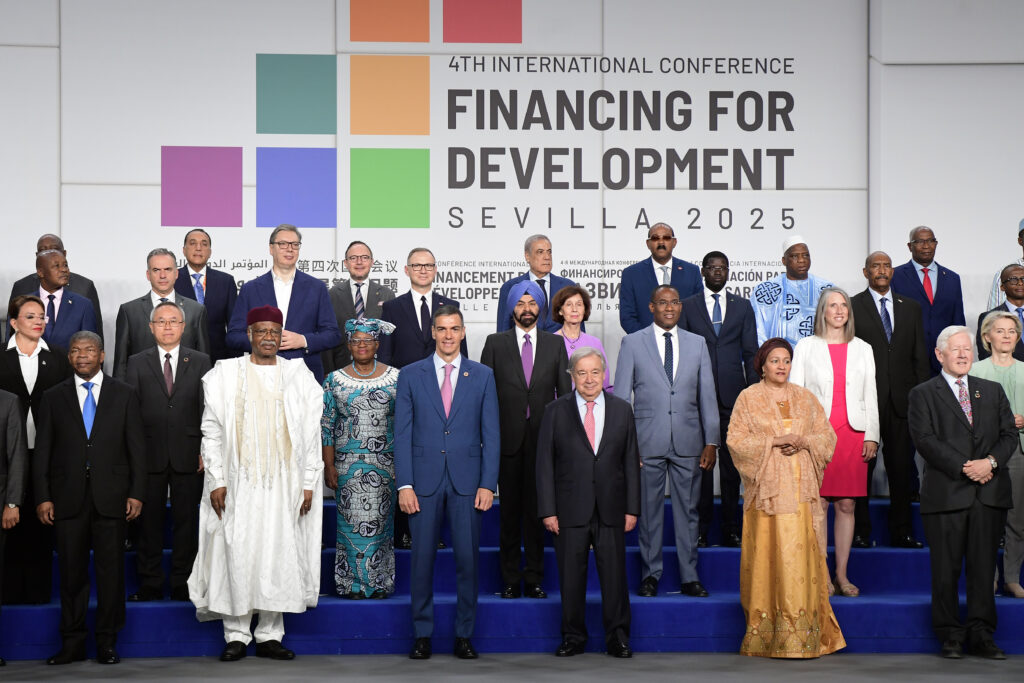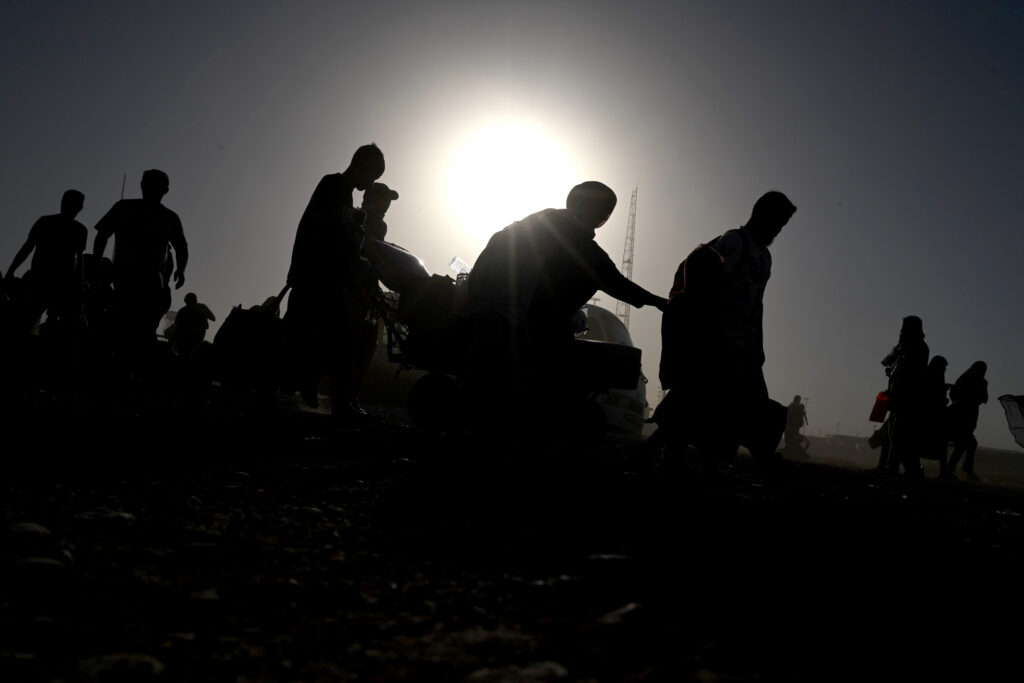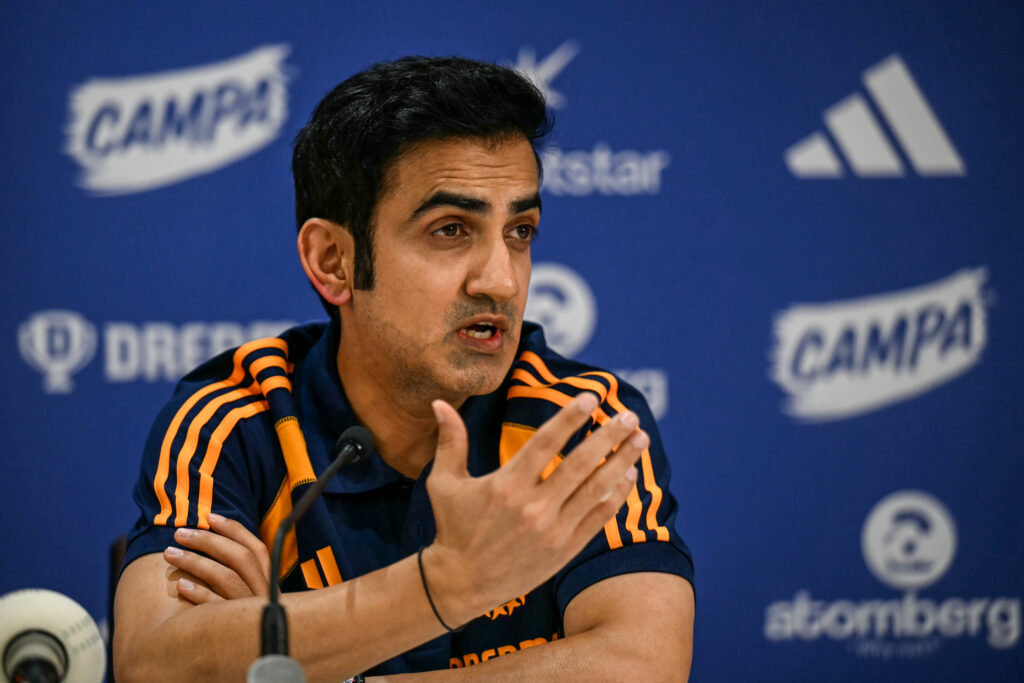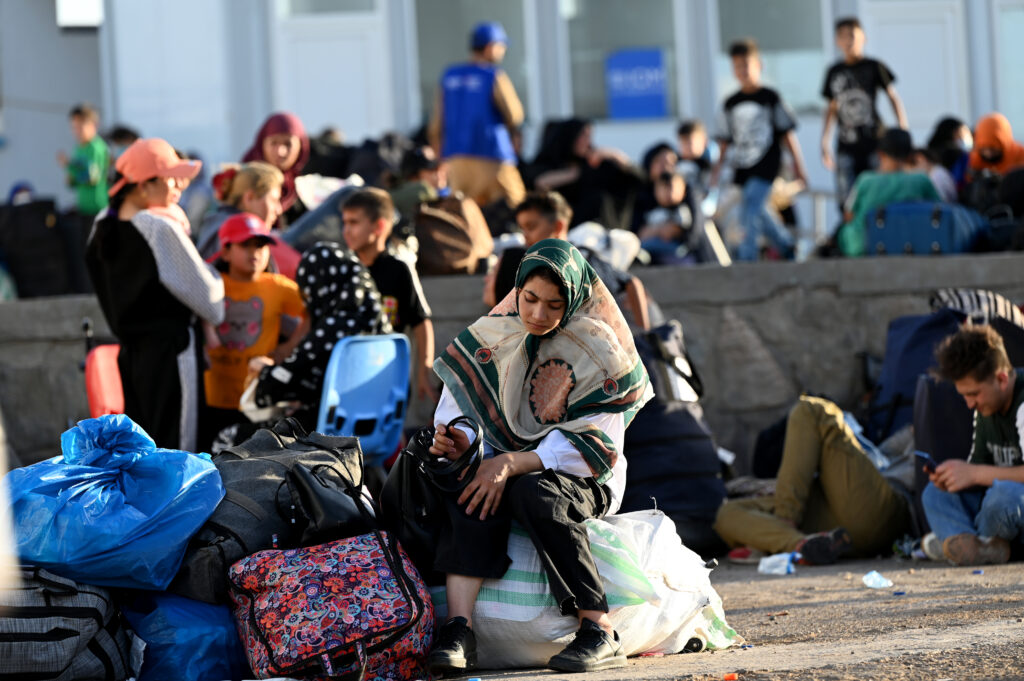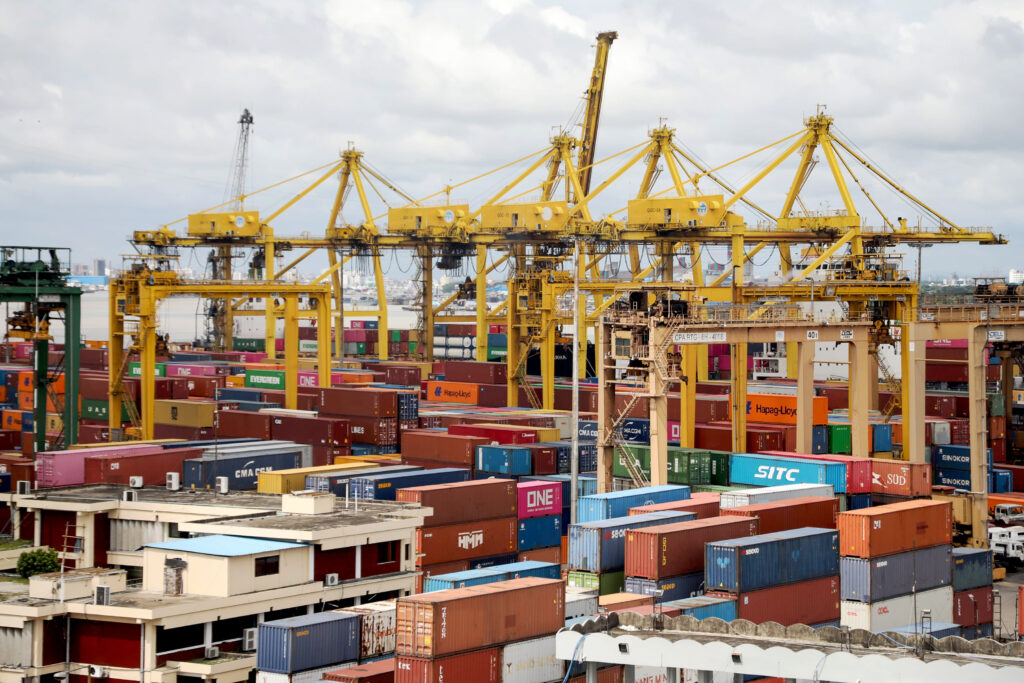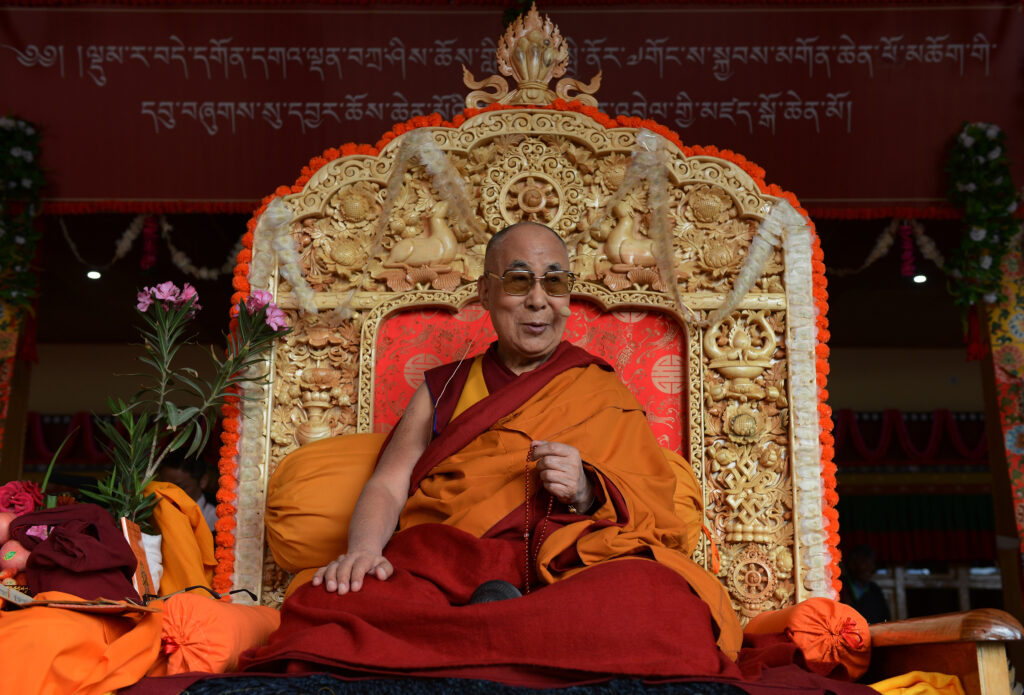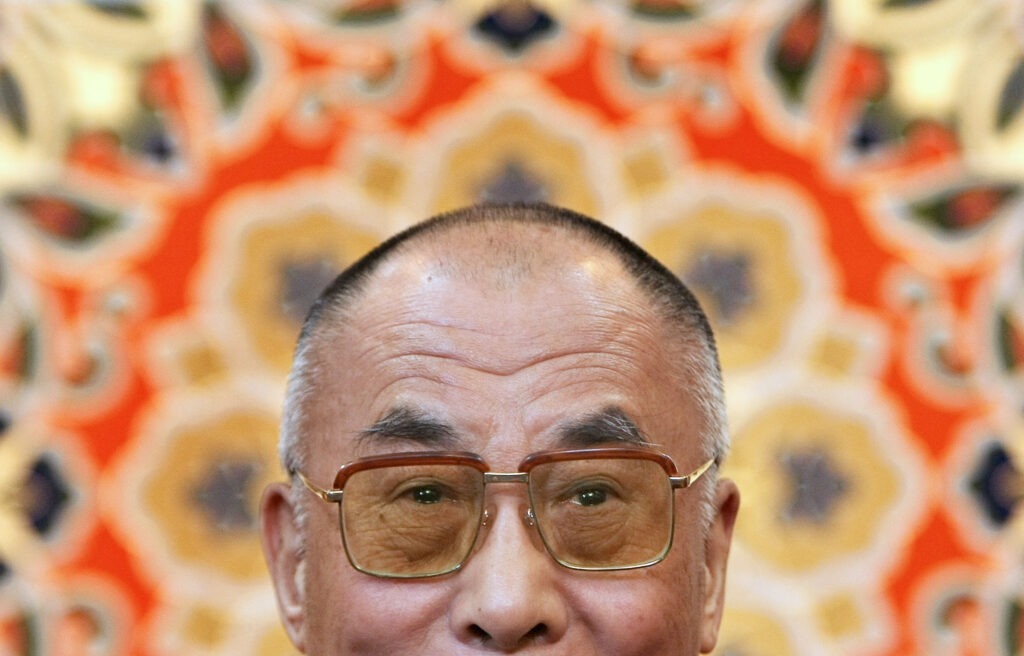UN chief urges aid surge in world of ‘climate chaos, conflicts’
UN chief Antonio Guterres urged the world to “rev up the engine of development” at an aid conference in Spain on Monday as US-led cuts jeopardise the fight against poverty and climate change.Dozens of world leaders and more than 4,000 representatives from businesses, civil society and financial institutions are in the city of Seville for the June 30-July 3 meeting to seek fresh impetus for the crisis-hit sector.But the United States is snubbing the biggest such talks in a decade, underlining the erosion of international cooperation on combating hunger, disease and climate change.Guterres told the opening of the conference that two-thirds of UN sustainable development goals set for 2030 were “lagging” and more than $4 trillion of annual investment were needed to achieve them.President Donald Trump’s gutting of US development agency USAID is the standout example of aid cuts but Germany, Britain and France have also slashed funds while boosting spending in defence and other areas.The Oxfam charity says the cuts are the largest since 1960, while according to the World Bank rising extreme poverty is affecting sub-Saharan Africa in particular.Disruption to global trade from Trump’s tariffs and conflicts in the Middle East and Ukraine have dealt further blows to the diplomatic cohesion necessary for concentrating efforts on helping countries escape poverty.The crisis meant children going unvaccinated, girls dropping out of school and families suffering hunger, said Guterres.He urged nations to “change course” and “repair and rev up the engine of development to accelerate investment” in “a world shaken by inequalities, climate chaos and raging conflicts”.A blistering heatwave that is scorching southern Europe welcomed delegates, an example of the extreme weather that scientists say human-driven climate change is fuelling.French President Emmanuel Macron lambasted Trump’s tariffs as an “aberration” and “a killer for poor and emerging countries”.China and the United States were the “main guilty guys” in trade imbalances, he told a roundtable event.- ‘Message to the powerful’ -Among the key discussion points is reforming international finance to help poorer countries shrug off a growing debt burden that is holding back progress in health and education.The total external debt of least developed countries has more than tripled in 15 years, according to UN data.Critics have singled out US-based bulwarks of the post-World War II international financial system, the World Bank and the International Monetary Fund for reform to improve their representation of the Global South.”Public international finance remains indispensable. Africa is not asking for favours. We are asking for fairness, partnership and investment,” said Kenyan President William Ruto, urging the United States to reconsider its position.A common declaration was adopted that reaffirms commitment to the UN development goals such as eliminating poverty and hunger, promoting gender equality, reforming tax systems and international financial institutions.The text also calls on development banks to triple their lending capacity, urges lenders to ensure predictable finance for essential social spending and for more cooperation against tax evasion.”What was once radical is now becoming mainstream. We finally have a consensus on reforming the international financial architecture,” said Ruto.Coalitions of countries are seeking to spearhead initiatives in addition to the so-called “Seville Commitment”, which is not legally binding.Spanish Prime Minister Pedro Sanchez said it was “time to take a step forward and not only reaffirm our commitment, but also redouble it”.But campaigners criticised the text for lacking ambition and have rung alarm bells about rising global inequality.Responding to a question by AFP, Guterres insisted in a press conference that the Seville agreement was a step forward. But he acknowledged “resistances” to the drive for change and sent a “message to the powerful”.”It is better for them to lead the reform of the system now than to wait and eventually suffer the resistance later when power relations change,” he said.
